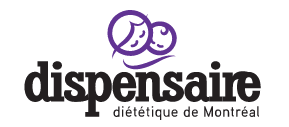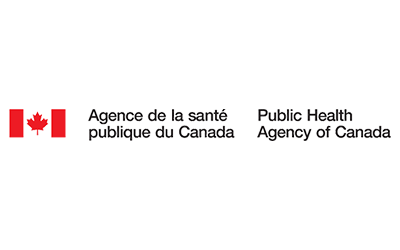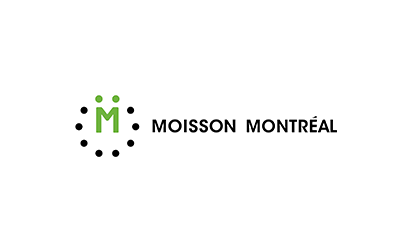No. Avoiding allergens for pregnant women does not reduce the development of food allergies in the child, whether or not they are at risk for allergies.
CONSUMING ALLERGENS DURING PREGNANCY
It is not recommended for pregnant women to eliminate allergenic foods from their diet in order to prevent the occurrence of food allergies in the baby. Indeed, the child is or is not at risk of developing a food allergy, and it is not shown that the avoidance of certain foods during pregnancy prevents the development of allergies. The consumption of allergens, whether they are peanuts or other foods, is permitted during pregnancy.
Because most allergens are protein sources that provide important nutrients, their removal from the diet during pregnancy could jeopardize the nutritional status of the pregnant woman and therefore the optimal development of her child. It is recommended that pregnant women have a varied diet, including varied protein sources, divided into several small balanced meals and snacks during the day.
It is interesting to note that some studies suggest that in mothers with atopic disease, the consumption of peanuts during pregnancy and even during breastfeeding would be a risk factor for the development of this allergy in the child. Note that no formal recommendation has been published yet, but as a precaution, the avoidance of peanuts among these mothers specifically may be beneficial during pregnancy and breastfeeding.
RISK FACTORS AND ALLERGENS
A child is usually considered at high risk of developing allergies if a parent or a sibling suffers from atopic disease: asthma, atopic dermatitis (eczema), allergic rhinitis (hay fever) and food allergies.
Peanuts, walnuts, soybeans, eggs, cow’s milk, fish, seafood, wheat, sesame and mustard are major allergens that cause food allergies. Together, these allergens are responsible for about 90% of allergic reactions.
In the rare cases where an allergen-free diet is necessary during pregnancy, such as when the mother herself has food allergies, nutritional assessment by a nutritionist is indicated to provide optimal nutrition to both the pregnant woman and her developing baby.






